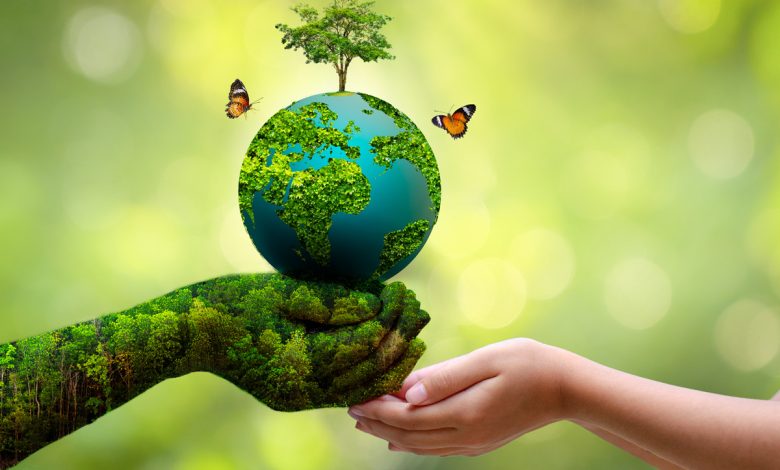World Environment Day: Turning The Tide On Climate Change
Collective efforts of all generations are essential to restore and protect our planet

IMAGE COURTESY : OMEGA SEIKI MOBILITY
An Urgent Call for Action:
This year’s World Environment Day, observed on June 5, brings a powerful message: “We are the generation who can turn the tide of climate change.” While we cannot reverse time, we can initiate transformative changes to restore our planet. This entails reviving polluted rivers, rebuilding and cleaning ponds and lakes, and harvesting rainwater to prevent waste. Our generation has the potential to reconcile with the land, planting trees instead of cutting them, preventing soil erosion, and stopping land degradation which leads to desertification. By restoring ecosystems, reclaiming forests, and saving species from extinction, we can create a sustainable future.
UNEP’s Global Appeal:
The United Nations Environment Programme (UNEP) calls on all generations—adventurers, pioneers, thinkers, and dreamers—to unite in the mission of land restoration for future generations. The theme for this year’s World Environment Day is being championed by the Kingdom of Saudi Arabia, with a particular focus on land restoration, desertification, and drought resilience. Land restoration is a cornerstone of the UN Decade on Ecosystem Restoration (2021-2030), a global initiative crucial for achieving the Sustainable Development Goals.
The Critical State of Our Land:
A UN report highlights that land is the foundation of life on Earth, supporting farmlands, forests, grasslands, savannahs, peatlands, and mountains. These landscapes, supported by aquatic ecosystems like oceans, rivers, and lakes, maintain water cycles essential for fertility. However, our ecosystems are under severe threat due to unsustainable production and consumption patterns, driving the triple planetary crisis of climate change, biodiversity loss, and pollution. Over one-fifth of Earth’s land area, approximately 2 billion hectares, is degraded, affecting 3.2 billion people, particularly Indigenous Peoples, rural communities, smallholder farmers, and the extremely poor. Droughts impact 55 million people annually, posing the most significant hazard to livestock and crops worldwide. If unchecked, land degradation could reduce global food productivity by 12%, causing food prices to surge by up to 30% by 2040.
Mobilizing for Ecosystem Restoration:
Since its inception in 1973, World Environment Day has been pivotal in raising awareness about pressing environmental issues, from climate change to chemical pollution. Spearheaded by UNEP, it mobilizes hundreds of millions globally to take action in protecting our planet. The urgent task of reviving natural spaces, known as ecosystem restoration, is being embraced by many countries. Currently, between 765 million and 1 billion hectares of land worldwide are designated for restoration, with significant efforts in Sub-Saharan Africa, Asia, and Latin America.
Conclusion:
The collective efforts of all generations are essential to restore and protect our planet. By taking decisive action now, we can address the critical challenges of climate change, land degradation, and biodiversity loss, ensuring a sustainable and thriving world for future generations.
The writer of this article is Dr. Seema Javed, an environmentalist & a communications professional in the field of climate and energy




